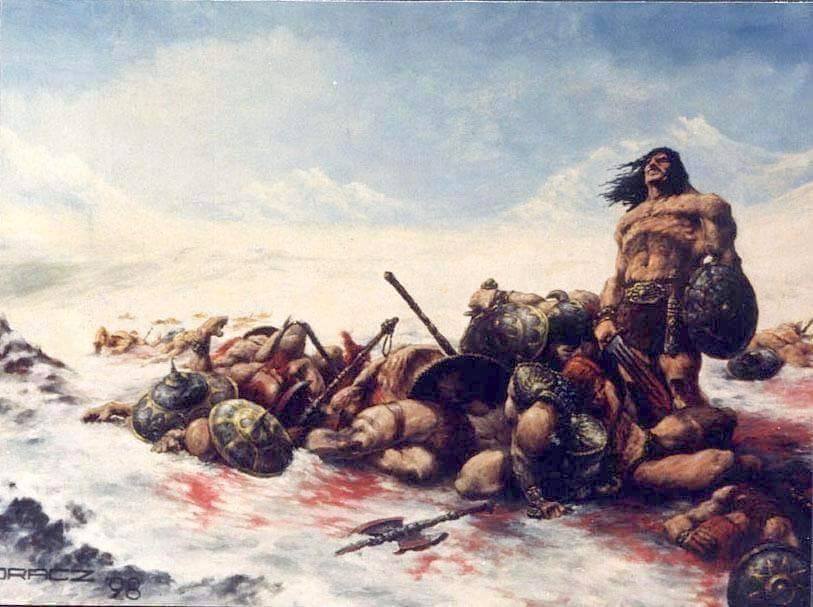
I am writing a series of blog posts about The Walking Dead. In Part I, I revisited the troubled Scott Gimple era of the television show. In Part II, I explored what I consider to be the show’s long-awaited embrace of the zombie’s roots in horror B movies. Now in Part III, I will discuss who I think is the true “main character” of the series, both the comic books and the television show, viz., civilization itself. Future installments may focus on the Whisperers, the role of skills and unlocked capacities in the post-apocalypse, and/or working out the philosophical basis of a civilization as main character.
When I first read the news that Rick’s actor, Andrew Lincoln, would be departing The Walking Dead, it seemed to me that this was the narrative head shot to a show that had been shambling on for a while. It is something of a natural law of storytelling that unless the loss of a main character is elemental to the story’s overarching plot or moral — as in the case of Ned’s death in the first season of Game of Thrones — shows that undergo such a massive change tend not to prosper in the aftermath. And on the surface, Rick did indeed seem so key to this story, both symbolically and in terms of the relationship with us, the audience. He was the small town sheriff turned post-apocalyptic Solon, the symbolic lawgiver; no other character really could suffice as protagonist, not even Daryl, the perennial fan favorite.
Yet, in my opinion, it seems much like the unnatural “walkers” at the center of the show’s story, The Walking Dead has broken this natural law of storytelling. Rick’s kidnapping by a mysterious helicopter certainly felt like a loss, as not only did Lincoln bring gravitas to every scene he was in, but the character was so compelling. Yet, it also felt like a necessary change. The question is why, and I think the answer is that Rick all along had overshadowed the true main character of both the comic book and television series. That main character has been civilization itself.
Continue reading “When civilization is the main character”
